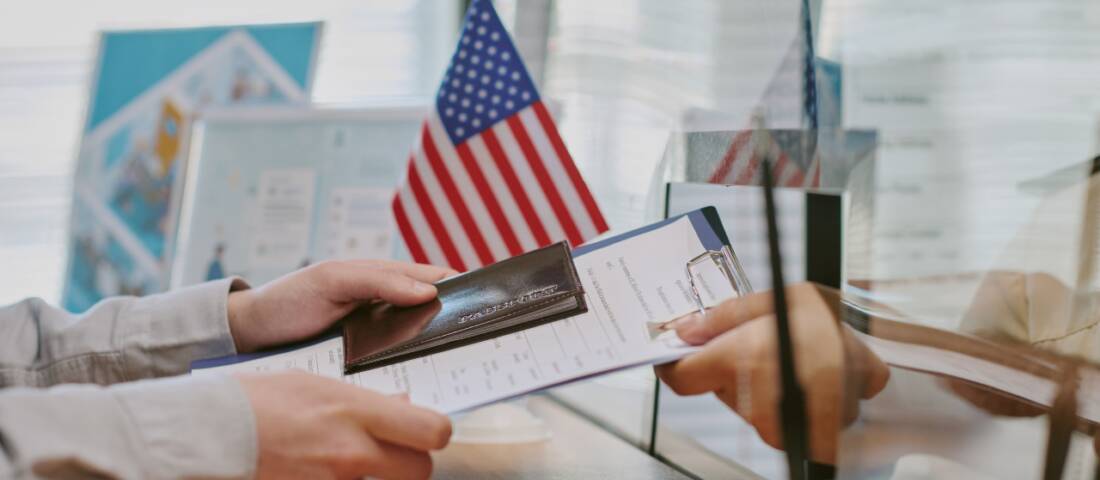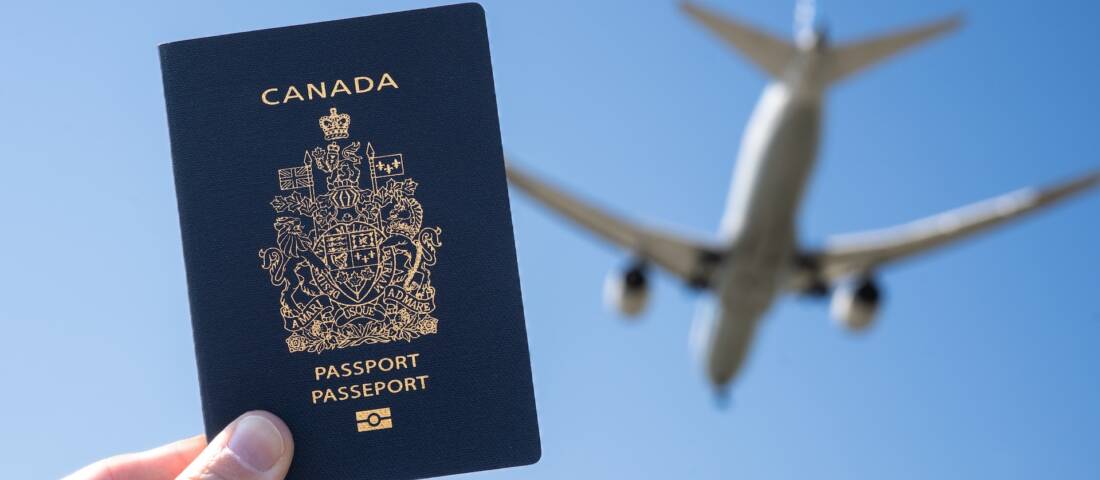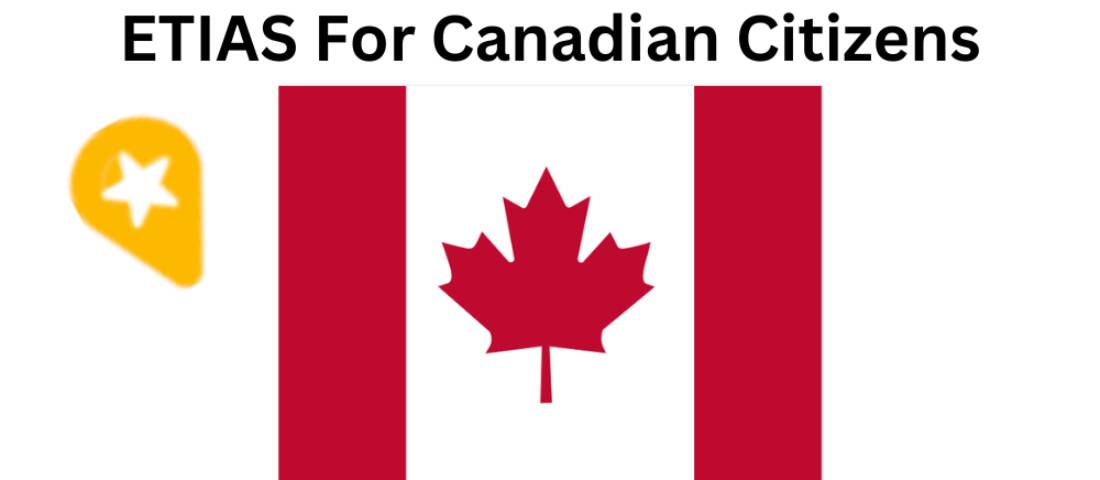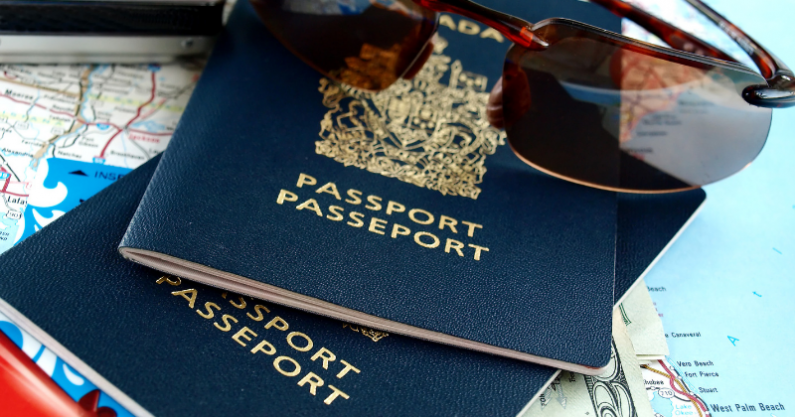Effective July 19 the U.S. Department of Homeland Security has implemented enhanced security measures and screening of laptops and mobile devices, which may increase lines at security checks. Enhanced personal electronic screening changes include that all devices larger than a smartphone must be easily accessible and have all cases and covers removed.
Both Air Canada and WestJet have issued alerts to their customers about the new security regulations, and are advising passengers to arrive at airports at least two hours prior to scheduled departures.
Security changes for travel to the U.S. include:
- Enhanced overall passenger screening
- All electronic devices larger than a smartphone will have to be removed from protective casing
- Devices must be fully charged for potential inspection
- Expanded canine screening
- Increasing security protocols around aircraft and in passenger areas
Calgary immigration lawyer Evelyn Ackah flew from Calgary to Florida after the implementation of the new security measures and she noticed increased security and longer lines. She suggests everyone who qualifies apply for a Nexus card to reduce airport security delays.
U.S. Cites Terrorism Concerns
Homeland Security's website Fact Sheet says:
"The United States and the global aviation community face an adaptive and agile enemy.
"Terrorist groups continue to target passenger aircraft, and we have seen a 'spider web' of threats to commercial aviation as terrorists pursue new attack methods."
These enhanced security measures impact international flights bound for the United States, and will help to secure all commercial flights departing from 105 countries with 280 airports that serve as last points of departure to the United States.








